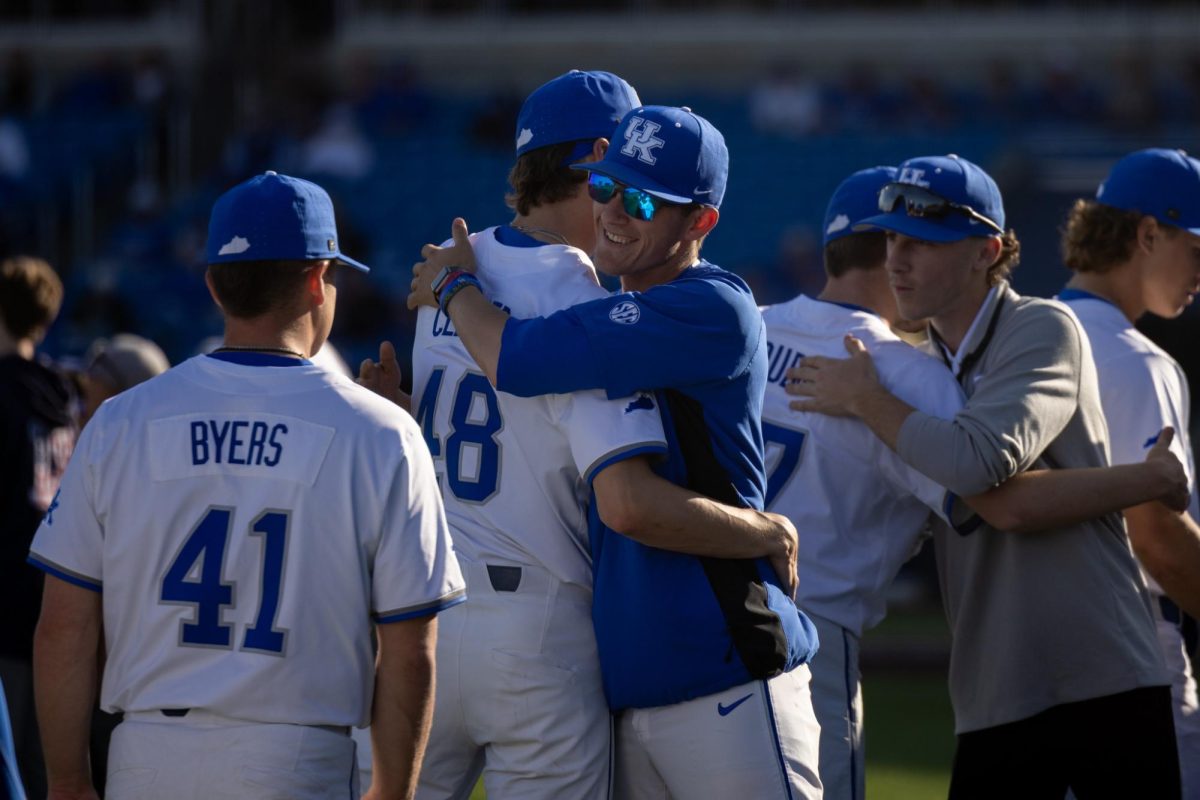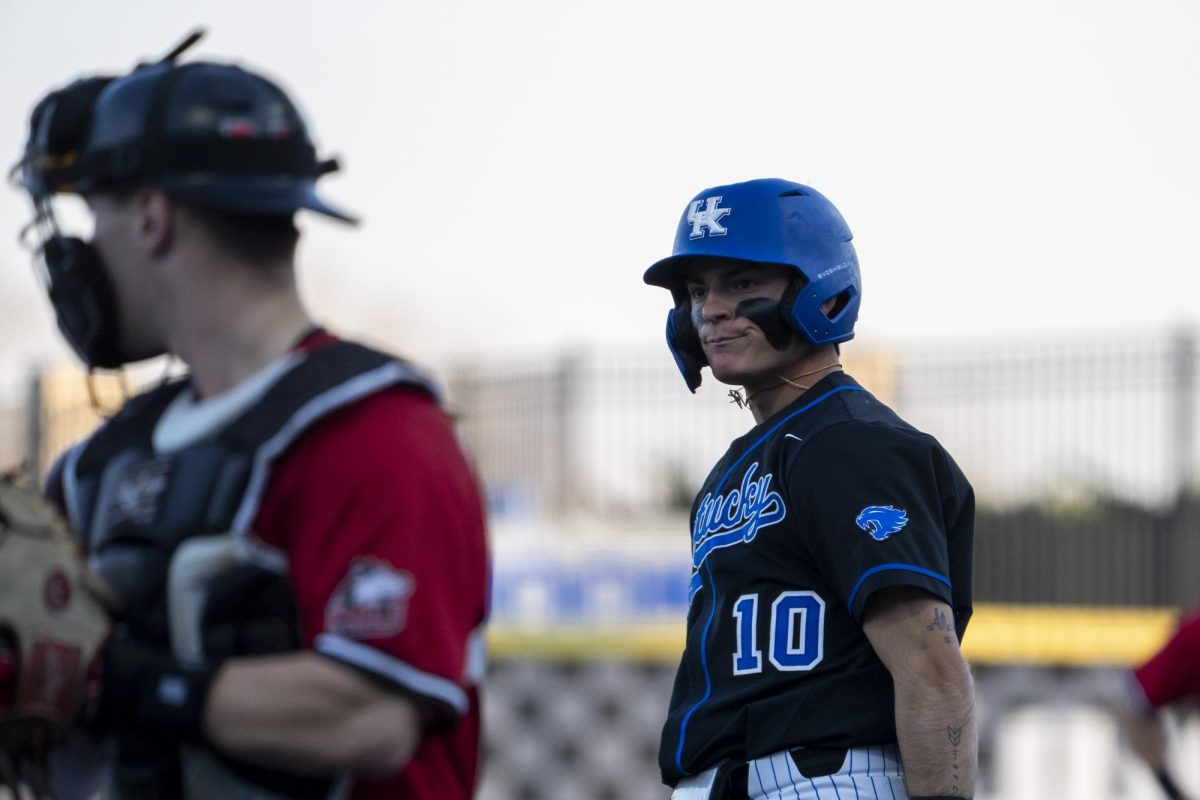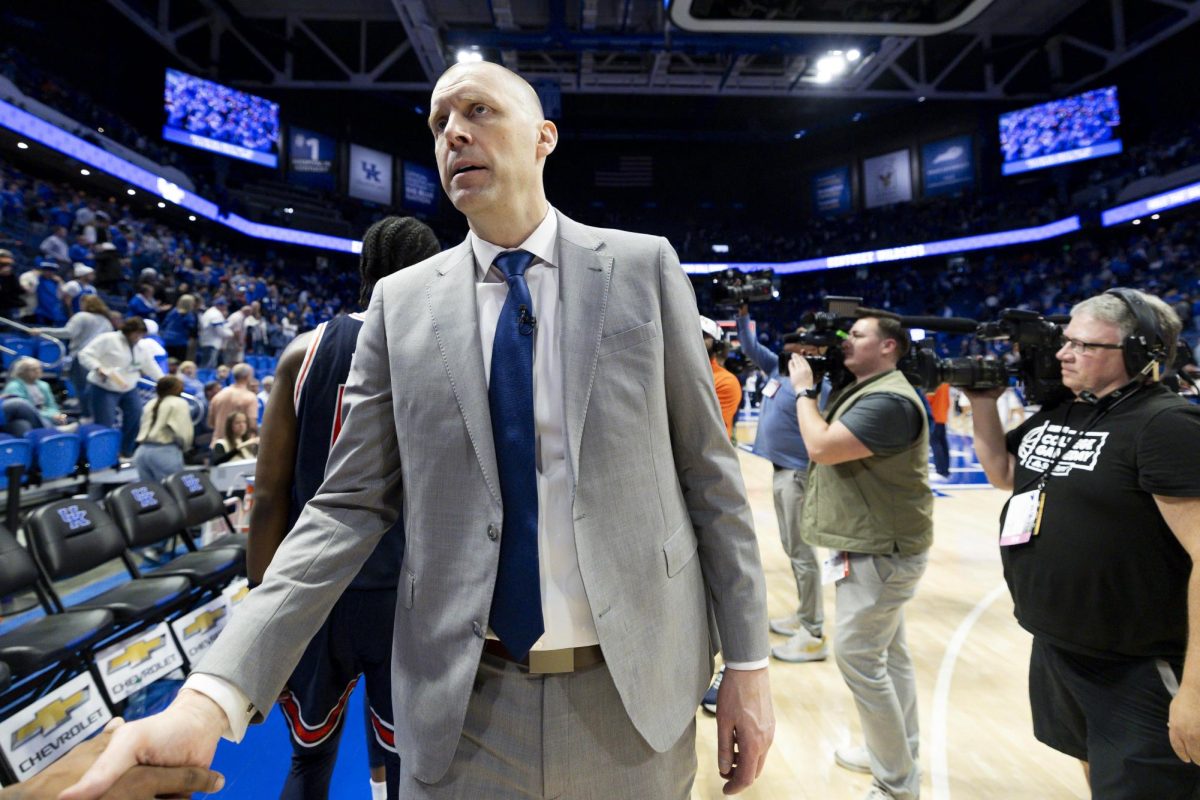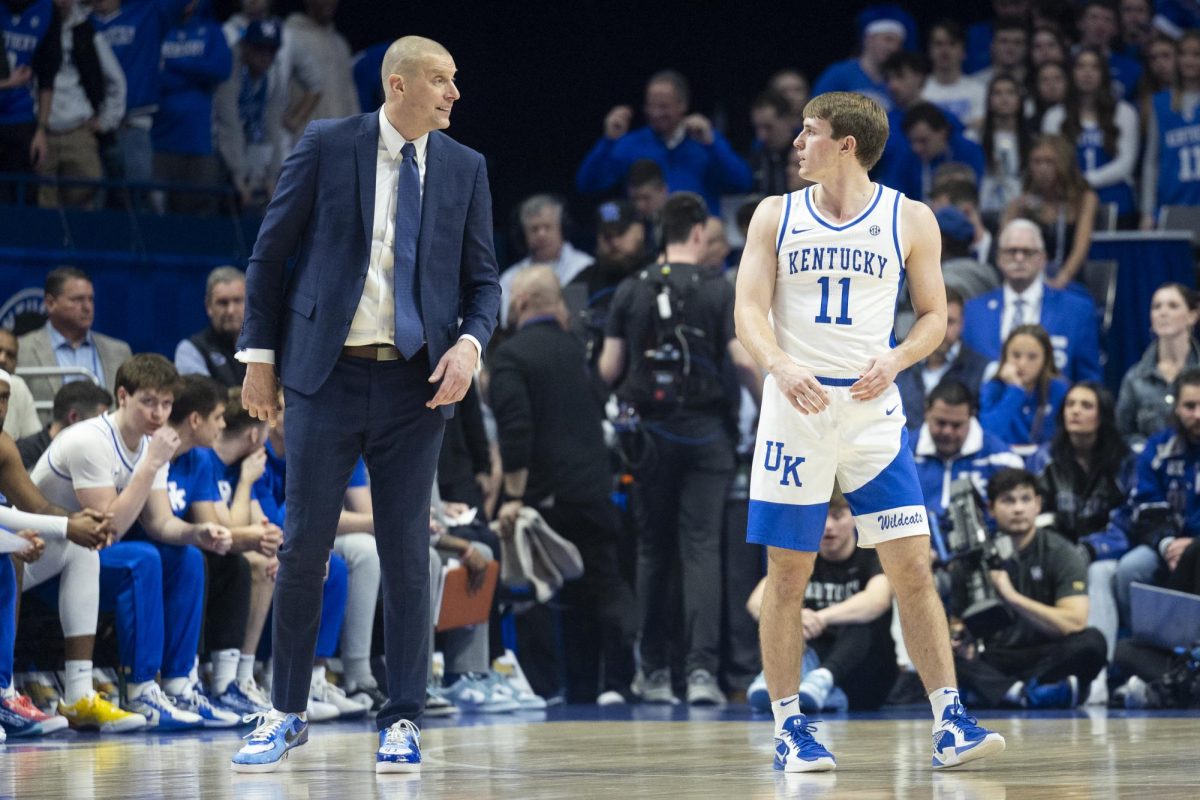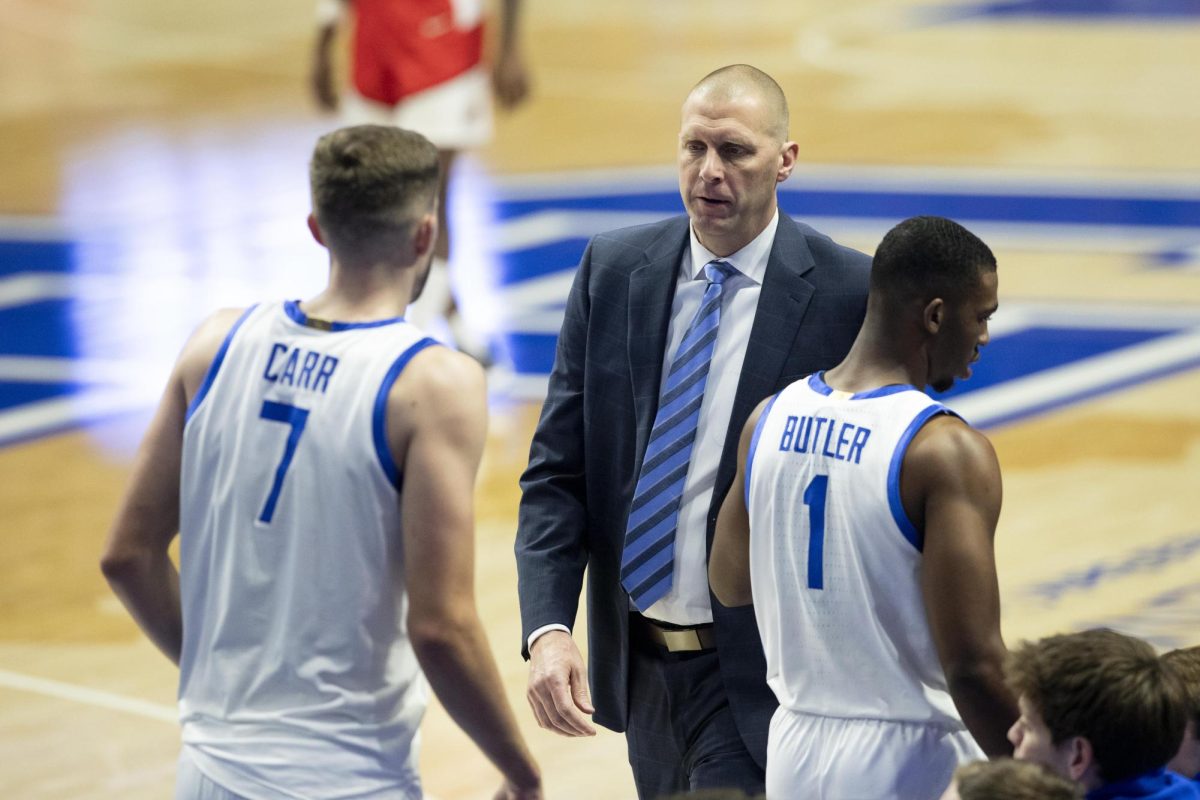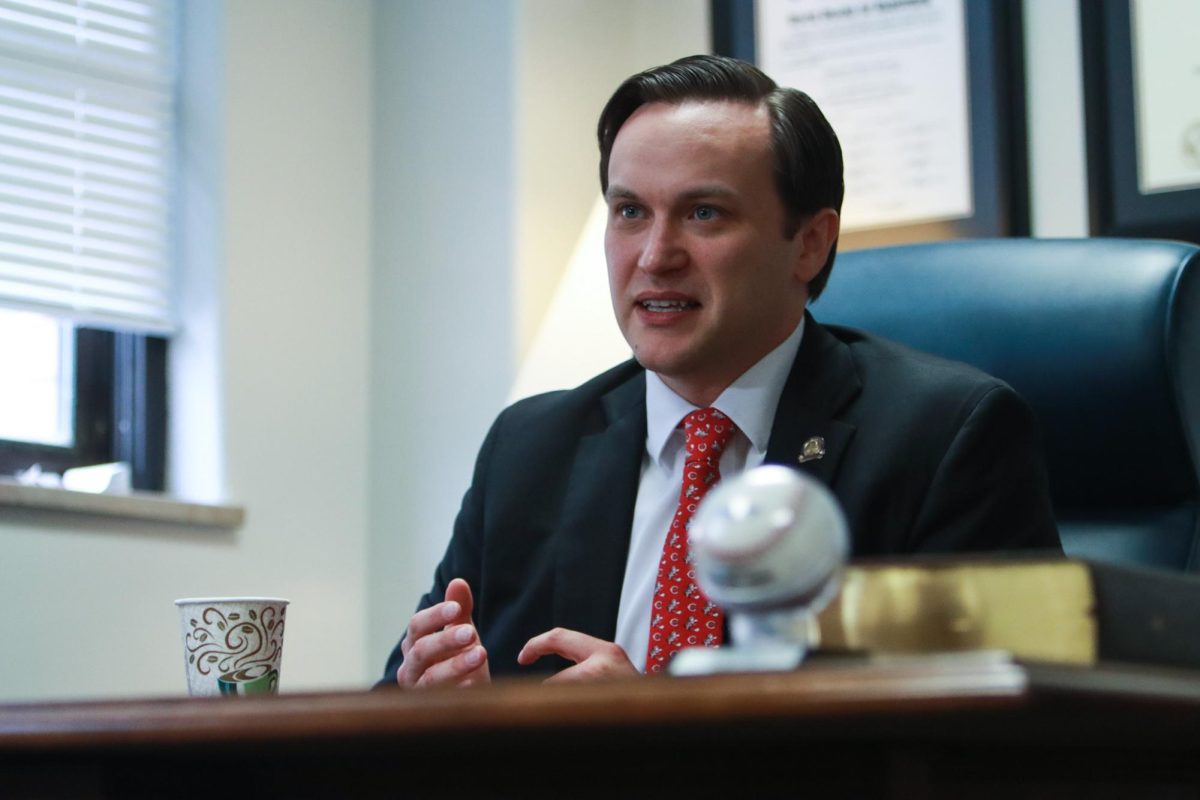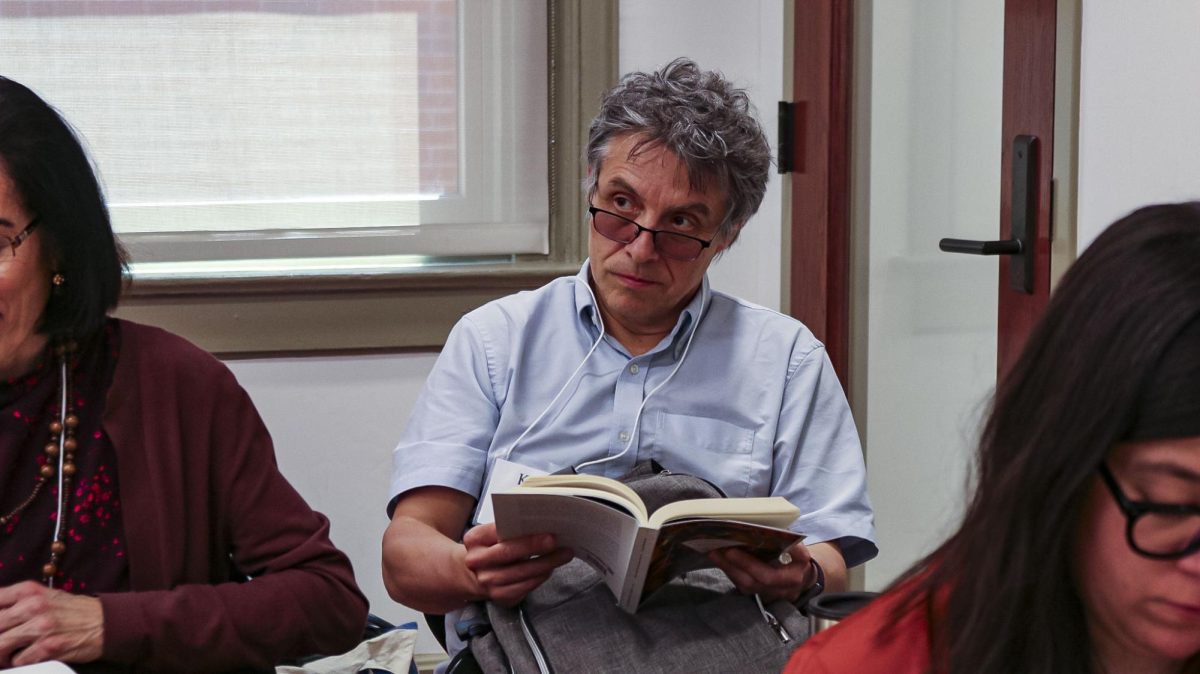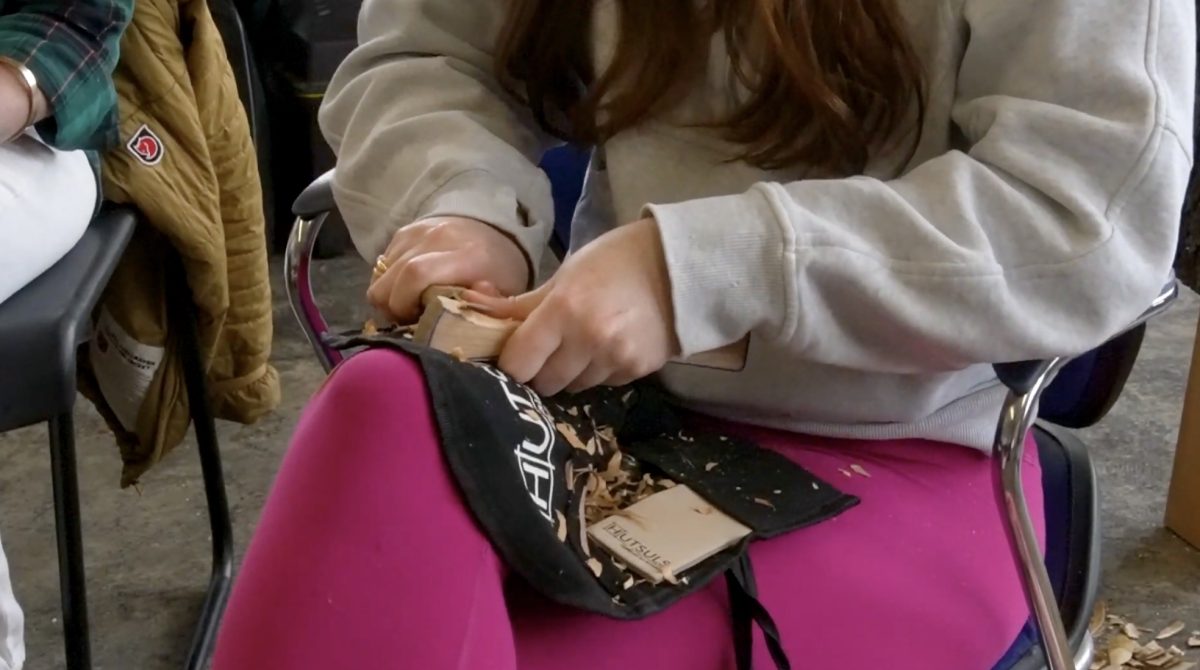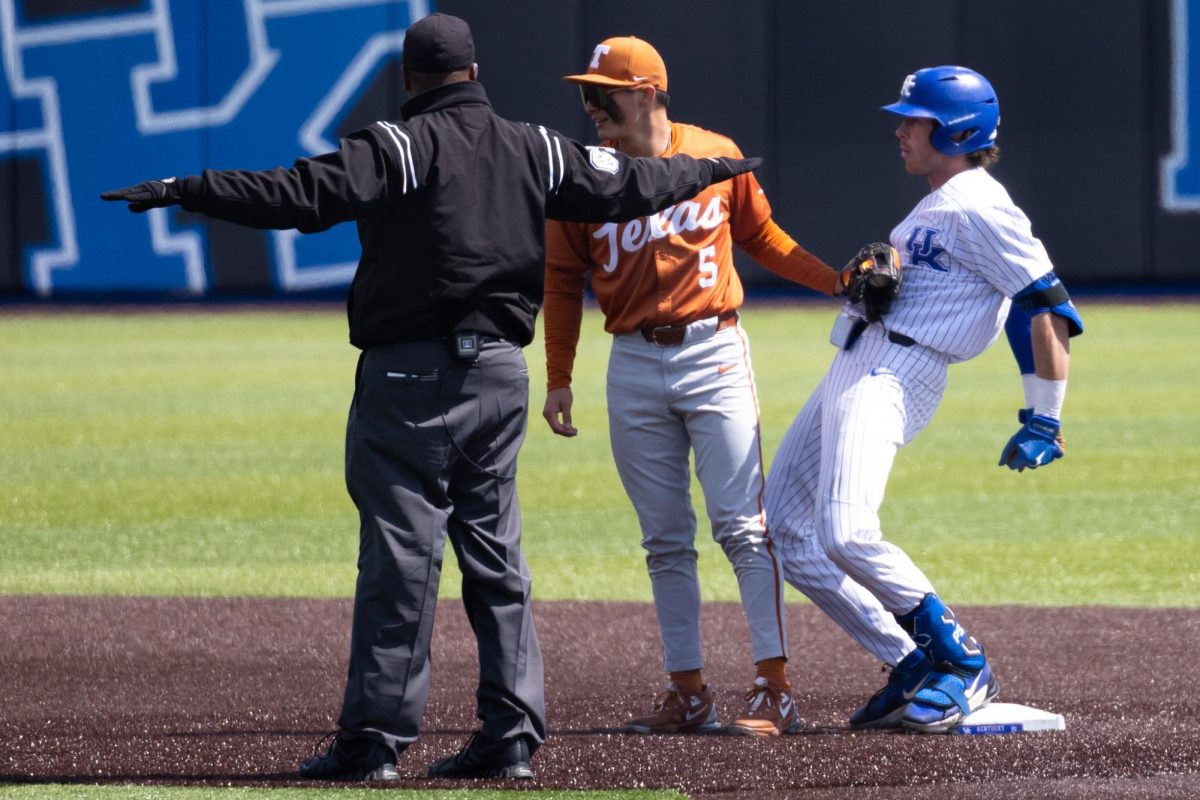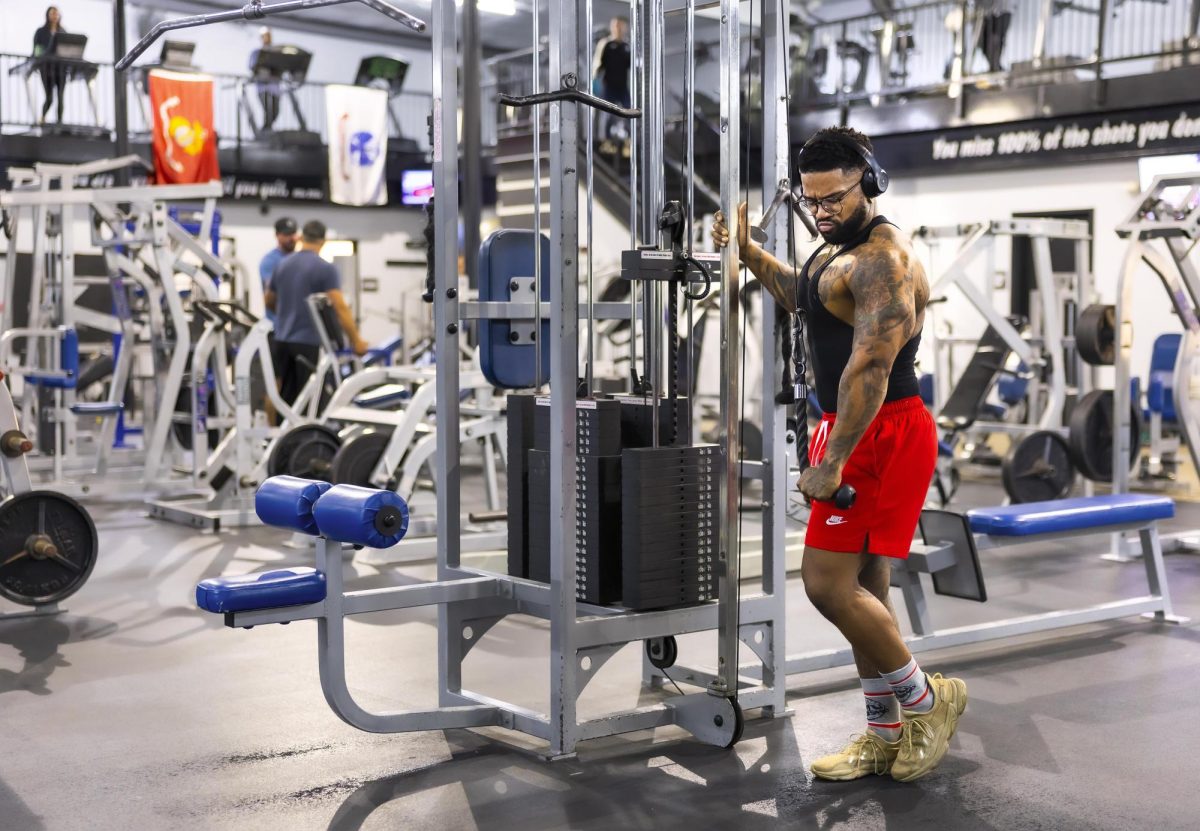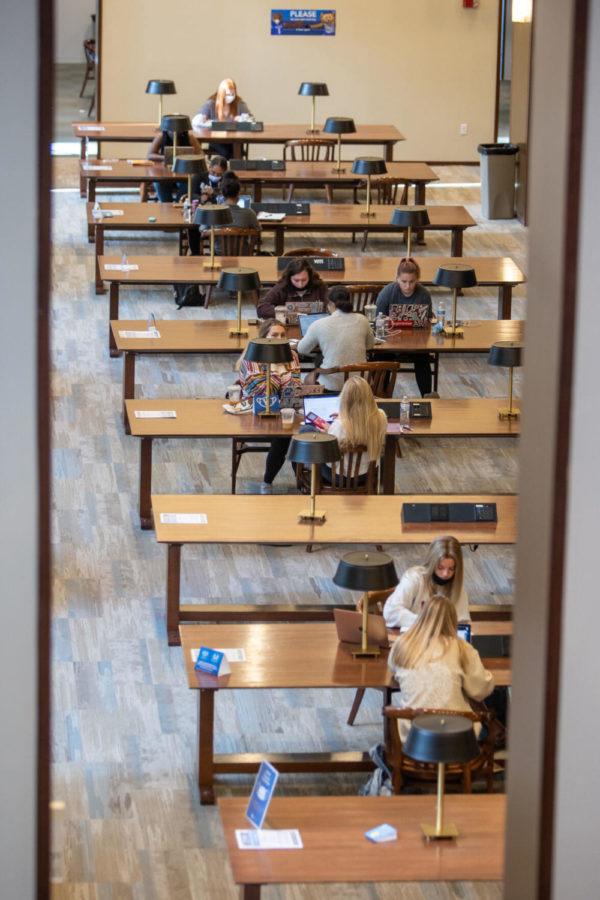Transparency, health and campus life: what changes students want to see this spring semester
UK students work in William T. Young Library on Thursday, Oct. 22, 2020, in Lexington, Kentucky. Photo by Jack Weaver | Staff
November 9, 2020
We’ve almost made it. The last day of in-person classes, Nov. 24, is less than two weeks away. UK managed to keep students on campus the entire fall semester.
However, the past months have been far from perfect. Online classes kept students unmotivated, overwhelmed and restless. The administration’s lack of fully transparent and timely communication led to frustration. UK’s skeletal daily screening and waning dedication to consistent testing as the semester wore on seemed to contradict their constant promises to diligently protect students’ health and safety.
Some feel that the university brought them back to campus just to sit in their rooms alone all day. They switched class modalities after most housing costs were past due, leaving students with few in-person classes, if any, and a nonrefundable lease to pay. When students attended social events, they were blamed for community spread; however, many feel that UK is using them as a scapegoat, since they wouldn’t have had the option to attend social events in the first place if the university decided to go fully online.
Looking forward to the spring semester, students want to see some changes. UK should learn from its fall mistakes and make an effort to improve communication and transparency, students’ health and safety and campus life.
When UK decided to bring students to campus this fall, they said it was because of the invaluable residential experience the university provides its members. While that may be true, several students sensed a more prominent, ulterior motive: money.
Matthew Vanzant is one such UK student. He said that he thinks the university should take one of two approaches to COVID this spring semester:
“Either the virus is not a serious threat to students and thus we should operate normally, placing special emphasis on healthy practices, trusting students to make good decisions on their own, or if this is not the approach the university wants to have then they should go completely online and not bring students back to campus,” Vanzant wrote in an email to the Kernel. “We all know the real reason students were brought back to campus though. It is not about our education or our safety.”
Vanzant added that while there are many faculty and staff who have students’ best interests in mind, the administration seems primarily motivated by the bottom line.
Several other respondents to a survey sent out by the Kernel took issue with what they viewed as “propaganda” sent to them in university communications.
“Stop saying you’re doing great all the time but then never give us anything back,” said one respondent.
Once in Lexington, students had to follow new rules to comply with university policy, included in an addition to the Student Code of Conduct, “Failure to Follow UK Covid-19 Health and Safety Guidelines.” The policies including wearing masks and physically distancing in all public spaces on campus, completing a daily wellness screening and following all local public health directives such as quarantine orders.
Off-campus activities, such as “hosting a large gathering or not following state, local or university guidance,” are also be grounds for punishment.
Students have conflicting views with the effective ban on large social gatherings. Graduate student Chris Heintz said that UK shouldn’t “weaponize” the police to enforce the policy and should establish clearer rules with a specific legal basis so that any policy is applied fairly and uniformly. Other survey respondents said that they want UK to be stricter concerning off-campus partying.
“Actually look for parties on and around campus, don’t just threaten or make people believe there are actions being taken to stop it,” said one respondent. “Everyone in Lexington knows where the parties are.”
UK should pick a stance and stick to it. If their stance is that partying shouldn’t happen and that students are responsible for community spread, then they should replace empty threats and nonaction with actual consequences. If they choose to turn a blind eye to social gatherings that they know are happening, they shouldn’t place the blame on students.
Despite updates to its code, UK isn’t actively pursuing noncompliance unless reported to them and has even discouraged students from reporting each other. That sounds like a university that is more concerned with public image than the community’s health and safety.
Speaking of public image, if students must follow CDC guidelines lest they risk suspension, why is the university itself exempt from these same guidelines?
UK’s daily wellness screening’s three questions don’t comply with local and national guidelines. It should be updated to include a symptom list, at the very least, in the spring semester.
The university should also bring back mandatory testing for the entire campus, at least once a month. Students will likely only participate in voluntary testing if they are symptomatic, and we all know at this point that college-aged students are often asymptomatic spreaders. The COVID dashboard should include the number of students told to quarantine by UK Health Corps, not just those in quarantine on campus, because it gives a better indication of community spread.
If a COVID vaccine becomes available in the spring, UK should do everything in its power to make it accessible to all students, faculty and staff.
But they shouldn’t make it mandatory, unless they have specific legal reasoning that allows that. Otherwise, students might have the same reaction they currently have to the newly mandatory flu shots this year.
Heintz and Vanzant expressed disagreement with this requirement. Vanzant said that he thinks mandating the flu vaccination constitutes overregulation.
“I feel like we are being treated as children who can’t make decisions for ourselves,” Vanzant said.
Heintz said that he emailed UK’s coronavirus line with questions about the mandatory flu shot and was directed to religiousexemptions@uky.edu. However, nearly two weeks later, despite following up twice, he hasn’t gotten a response.
If they want full compliance, UK must be prepared to to explain what gives the university legal power to mandate vaccinations, whether for the flu or COVID.
Campus life has changed drastically this fall, from the dorms to the dining halls to the library. UK made many alterations to promote safety, but students still have more suggestions for the spring.
UK senior Jacob Lewis is a RA on campus who says that the rules against visitation in the dorms are sometimes counterproductive.
“That doesn’t stop students from coming in anyways,” Lewis said. “So opening that up allows us to keep track of who is actually in the hall.”
In addition to reopening dorm visitation logs, one survey respondent had another dorm-related request.
“Enable socially distant gatherings in dorm to help people make friends,” the respondent said. “Dorms are empty as no one wants to leave their room. And make rules consistent—dorm A has activities but dorm B doesn’t. Doesn’t seem fair.”
Campus’ dining halls decreased student seating this fall and increased to-go options. However, while this mitigated some COVID risk, the thousands of styrofoam containers utilized this semester have come at a hefty price to the environment. One survey respondent recommended providing a free green to-go box to every student with a meal plan to help alleviate this harm.
Some survey respondents suggested that campus be closed to students and non-essential employees altogether to support the message of health and safety concerns the administration is relaying to campus community members.
“There are so many unnecessary people on campus,” the respondent said. “There is no reason for even having most of the buildings open. Make students and staff comply with the orders, not just put up signs and add anti-bac in some places.”
Others approved keeping campus open, but with caveats. Heintz suggested expanding facility hours to avoid a high concentration of students during the current, limited hours, and another survey respondent said that they would like to see more “cool study spots” this spring.
All of these suggested improvements would either increase UK’s transparency and communication with the campus community, potentially decrease COVID spread and/or improve campus life for the sake of students’ mental and emotional health.
While they may come at a price, if the university is determined to bring students onto campus, they should take the actions necessary to bring them onto campus safely.








































